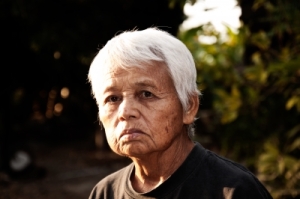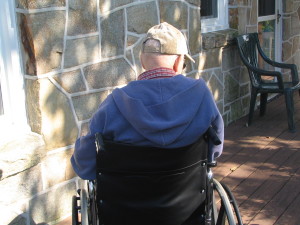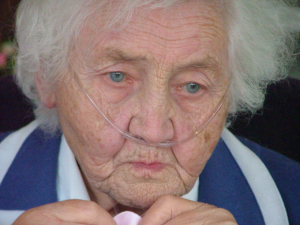Earlier this month, the Sacramento Bee ran a story that exposed the lack of oversight from the California Department of Public Health (CDPH) when it comes to nursing home abuse allegations. What is going on? According to the article, the CDPH is “weighed down by a backlog of more than 11,000 open complaints” with “no clear path to dig its way out.”
Evidence of this serious problem became c lear after an audit report was released toward the end of October 2014. In short, the CDPH appears to have failed elderly adults in nursing homes and assisted-living facilities by failing to manage its investigations of elder abuse complaints received.
lear after an audit report was released toward the end of October 2014. In short, the CDPH appears to have failed elderly adults in nursing homes and assisted-living facilities by failing to manage its investigations of elder abuse complaints received.
Numerous Problems “Up and Down the State”
 Southern California Nursing Home Abuse Lawyer Blog
Southern California Nursing Home Abuse Lawyer Blog



 According to the news story, the new rating system will be the first of its kind in California. The ratings will be based on several different factors, and the Board of Supervisors hopes that the system will allow families to make informed decisions about the care of their elderly loved ones. The system is still in its early stages, but the Board of Supervisors unanimously approved its creation, emphasizing the need to protect older adults from physical, emotional, and sexual abuse in Southern California facilities.
According to the news story, the new rating system will be the first of its kind in California. The ratings will be based on several different factors, and the Board of Supervisors hopes that the system will allow families to make informed decisions about the care of their elderly loved ones. The system is still in its early stages, but the Board of Supervisors unanimously approved its creation, emphasizing the need to protect older adults from physical, emotional, and sexual abuse in Southern California facilities.



 Abuse and Neglect
Abuse and Neglect







